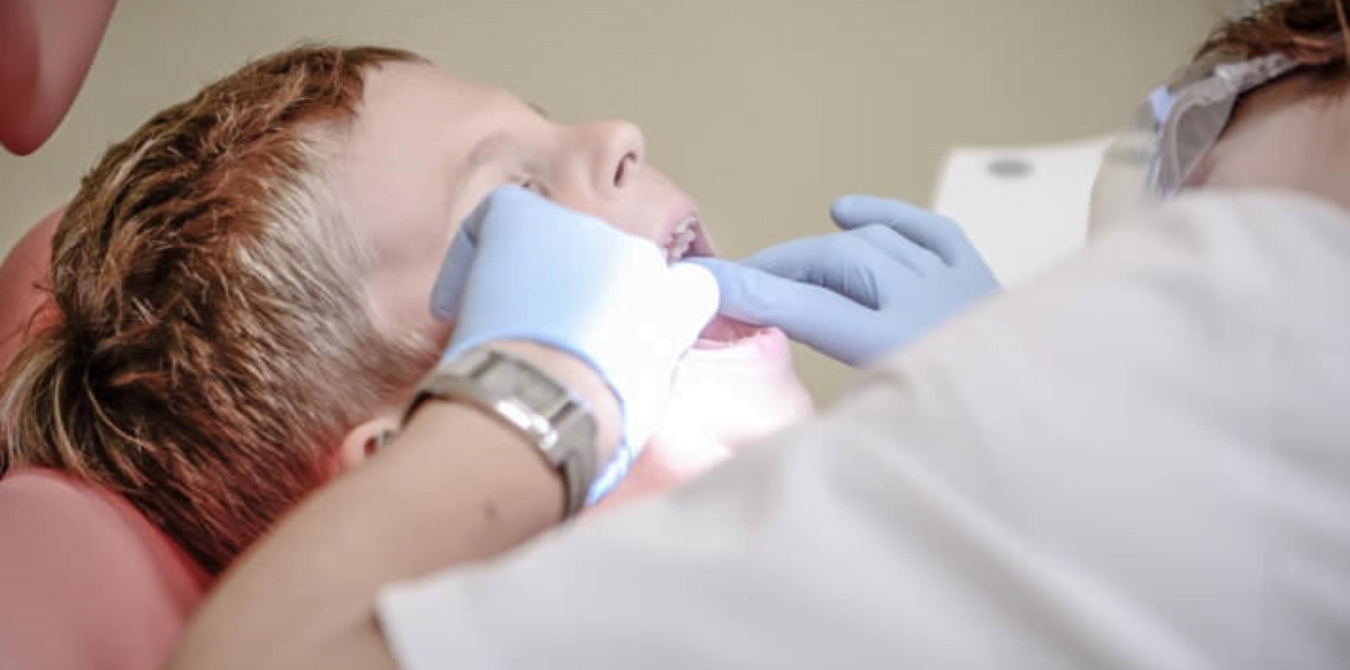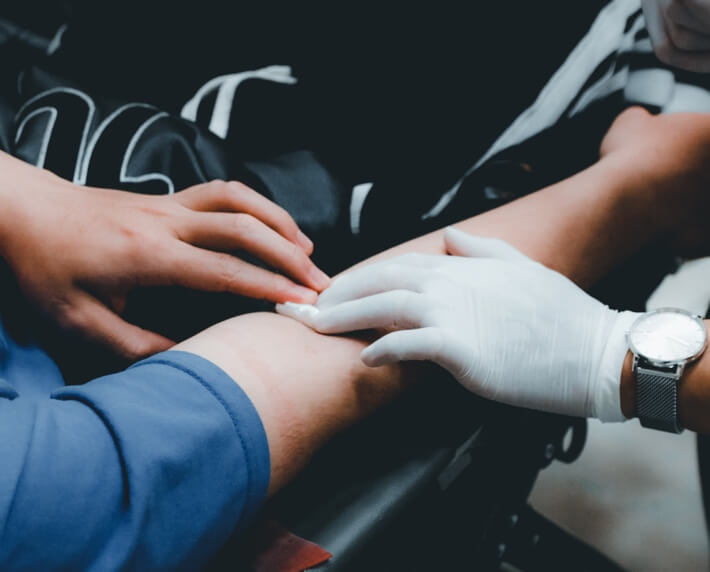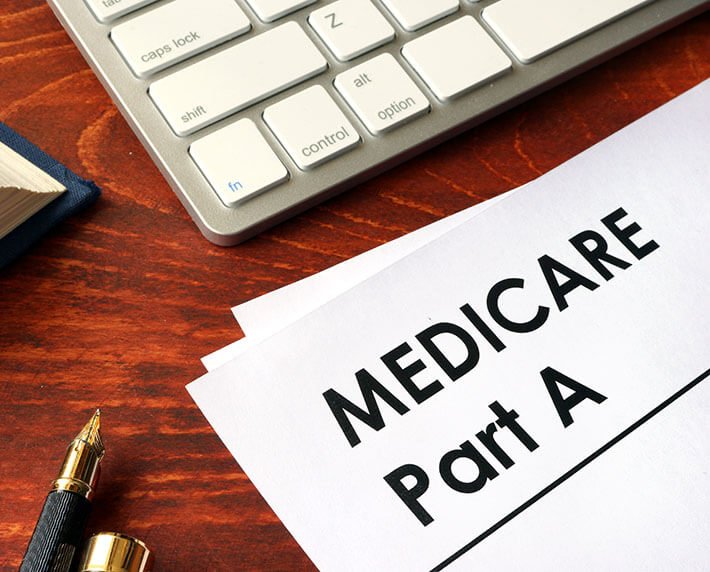Does Medicare Cover Dental?: Understanding Medicare Dental Coverage


Reviewed by
Nick Fenske
Licensed Insurance Agent
There are exceptions but there must be an approved medical necessity to provide the coverage.
When does Medicare cover dental services?
If you are having a surgery or other invasive procedure that requires a preoperative dental exam, the exam would be covered by Medicare based on the location of where the exam took place. If the exam was done in the hospital, then Medicare Part would cover the charges; however, if it was done in an outpatient/office setting, then Medicare Part B would cover the charges (subject to your deductible and coinsurance).
In the event you suffer from some sort of accident or trauma to the jaw or mouth, coverage for treatment of this condition would be considered medical (similar to a standard private health insurance policy) and be subject to your Medicare Part B deductible and coinsurance.
Although both D.D.S and D.M.D doctors have the same type of training, you will see more D.M.D doctors specializing in Maxillofacial (relating to the mouth and jaw) surgeries and being attached to hospitals for mouth trauma care. If you must be hospitalized for this type of care, Medicare Part A will only cover your hospital charges, not the physician’s charge or the procedure itself.
If you obtain any non-covered dental services while covered by Medicare Part A or Part B, it is important to note that you will be responsible for the entire amount unless otherwise covered by a different dental plan.
Medicare dental coverage options
Medicare Advantage
Some Medicare Advantage (Part C) policies offer routine dental as part of their package and offer additional benefits that Original Medicare (Part A and Part B) do not cover, making Medicare Advantage a more viable option for those needing this coverage.
Medicare and Medigap does not cover dentures. If you are in need of coverage for dentures or other dental related items, you will want to purchase a Medicare Advantage (Part C) policy that has this type of coverage built into the policy.
Private dental insurance
A more holistic option to ensure you have the dental coverage you need is obtaining your own traditional private dental insurance policy. Going to any provider without some sort of dental plan or discount program, you could look at paying a much higher price for the service than you would with established coverage; therefore, it is financially beneficial to look at obtaining dental insurance based on your need.
In some cases, you and your spouse may be covered by an employer policy which is ideal; however, many retirees don’t have this option after ending employment. Premiums with an individual policy can be higher than what you are used to under an employer-based plan, but cheaper than the alternative of not having coverage in place.
It is important to remember that these policy act exactly the same as employer-provided policies with deductibles and copays, so it is highly encouraged that you read and understand the policy you are buying in order to be aware of what your financial obligations and what dental providers are in the plan’s network in your area.
Dental discount programs
Dental discount programs work similar to dental insurance plans in regards to having a provider network that accepts discounted rates for products and services, but these plans offer no benefit payouts like traditional dental insurance.
While you are required to pay the total costs of your dental care, programs like these offer discounted rates for contracted dental providers after paying the annual fee required. Many of these programs also offer discounts for vision and hearing as well, allowing for additional savings that often exceed the price you pay for the discount program.








